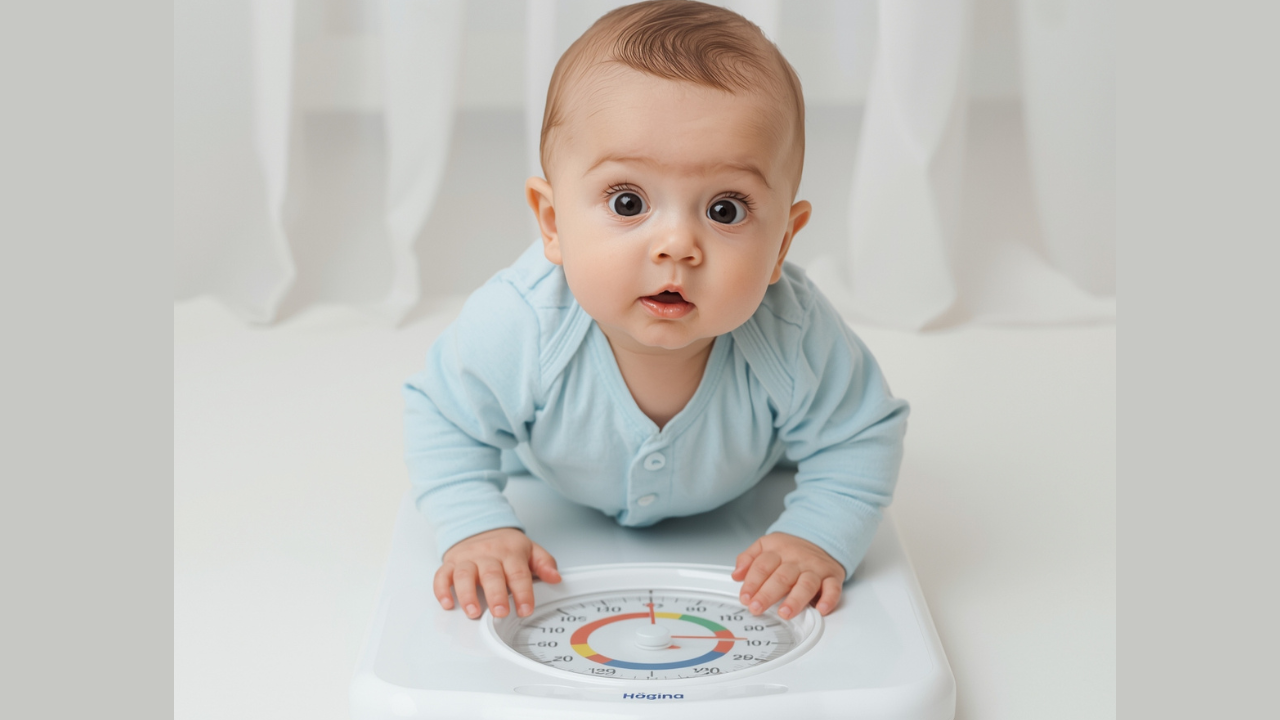99th Percentile Baby: What It Means, Risks, And What Parents Should Know

Credits: Canva
SummaryBabies in the womb who measure in the 99th percentile for weight are referred to as macrosomic baby, meaning they are significantly larger than average for their gestational age.
End of Article
